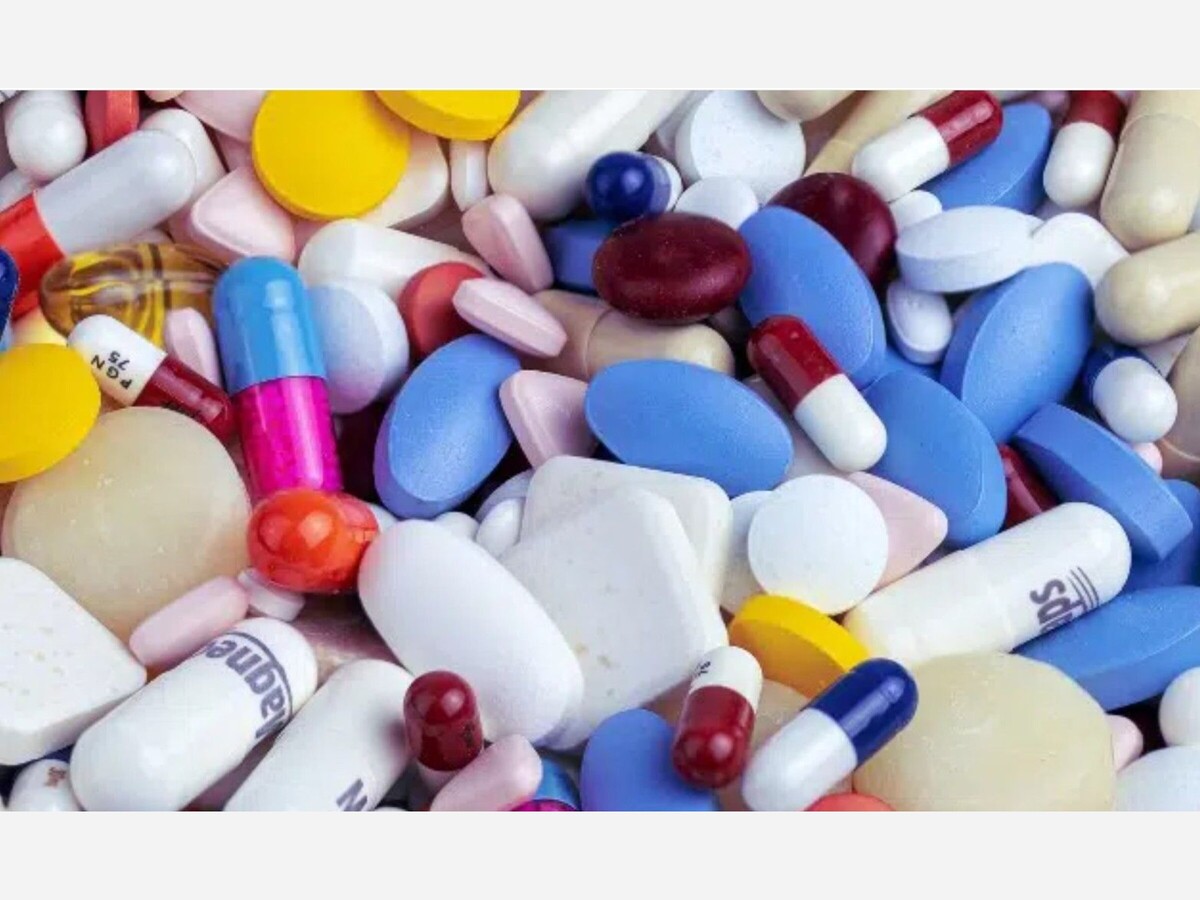Image


SAINT PAUL, MN – July 4, 2025 – In a significant and sustained effort to combat the ongoing opioid crisis, the Minnesota Department of Human Services (DHS) today announced the allocation of $15 million in new state grants. These crucial funds, recommended by the Opioid Epidemic Response Advisory Council, will expand vital services for individuals and communities grappling with opioid use disorder across Minnesota, including the Twin Cities metropolitan area, greater Minnesota, and Tribal Nations.
This substantial investment comes at a pivotal time, building on recent progress while addressing persistent challenges. While Minnesota saw a promising 8% decline in fatal opioid overdoses in 2023 for the first time since 2018, and an increase in opioid-related treatment admissions for the third consecutive year, officials emphasize that the crisis continues to deeply impact families and communities statewide. The widespread presence of highly potent synthetic opioids like fentanyl remains a critical concern, disproportionately affecting American Indian and Black Minnesotans.
"The opioid crisis continues to touch every corner of our state, and this $15 million investment is a testament to Minnesota's unwavering commitment to saving lives and fostering recovery," said Human Services Commissioner Shireen Gandhi. "These grants will empower organizations at the forefront of this fight to deliver critical, culturally relevant care and expand access to life-saving services, ensuring that our progress is equitable and reaches those most in need."
The grants target key areas designed to build on recent progress and address persistent disparities:
A major focus of this funding round is to improve culturally relevant care, especially for Native communities and people of color who have been disproportionately affected by the opioid epidemic. Several grantees will develop and expand programs specifically tailored to these populations, recognizing the importance of trust and cultural understanding in effective treatment and recovery.
"Access to high-quality, culturally relevant care is essential for anyone who needs treatment for opioid use disorder," stated Joe Clubb, chair of the Opioid Epidemic Response Advisory Council. "This funding expansion will help reduce harm by connecting Minnesotans with the care they need, addressing the deep-seated inequities that have exacerbated this crisis."
Examples of funded initiatives include:
This round of grants marks the fourth set of awards recommended by the Opioid Epidemic Response Advisory Council, building on previous successes and adapting to the evolving landscape of the crisis. The state has also updated its Opioid Epidemic Response Spending Dashboard with 2024 data, promoting transparency and helping identify community needs for future funding opportunities.
The funds for these grants largely originate from national opioid settlement agreements secured by the Minnesota Attorney General's Office. These landmark settlements, totaling over $300 million for Minnesota from pharmaceutical companies and distributors, address their role in fueling the opioid epidemic. A significant portion of these settlement funds are earmarked for abatement efforts, including prevention, treatment, and harm reduction initiatives at both state and local levels, ensuring a sustained and strategic response to this public health challenge.
For a complete list of organizations receiving funding and detailed project descriptions, please visit the Opioid Epidemic Response Advisory Council's website or the Minnesota Department of Human Services website.